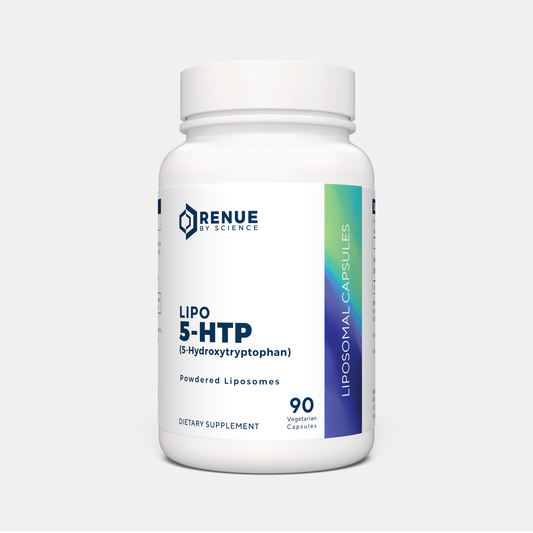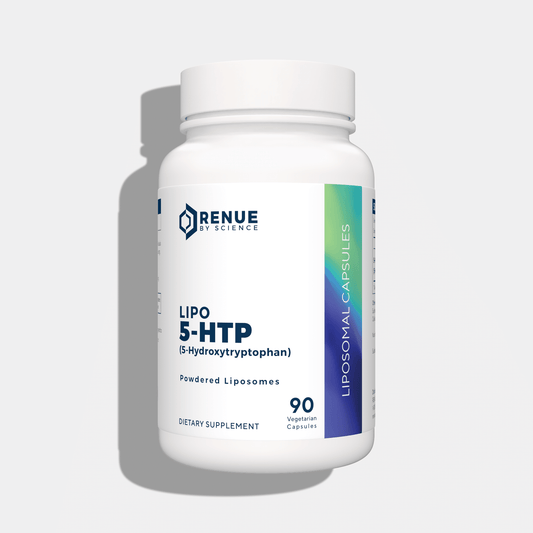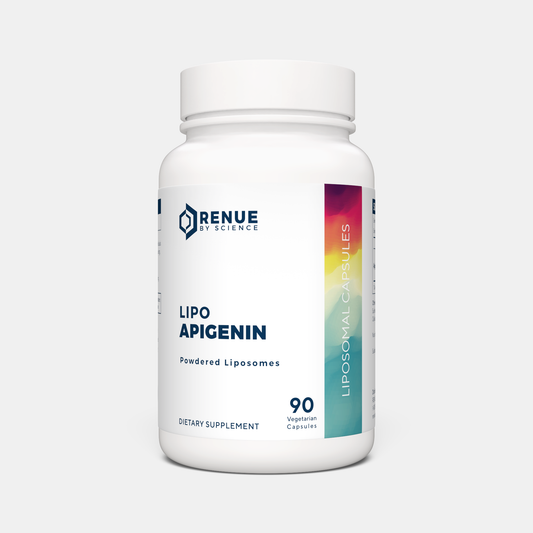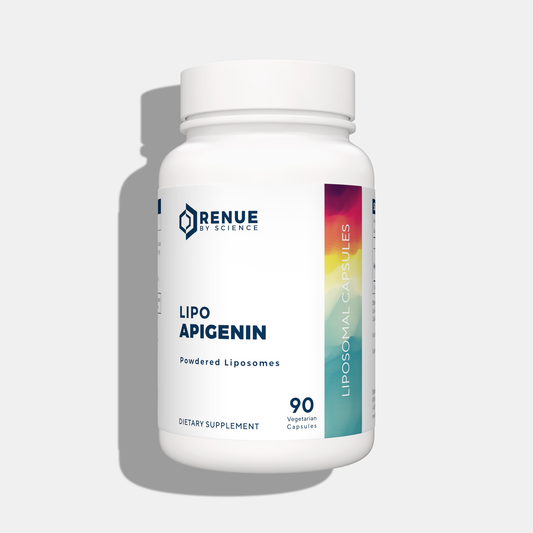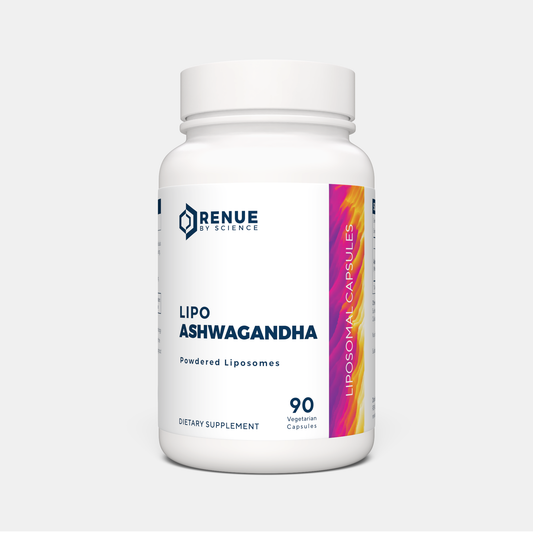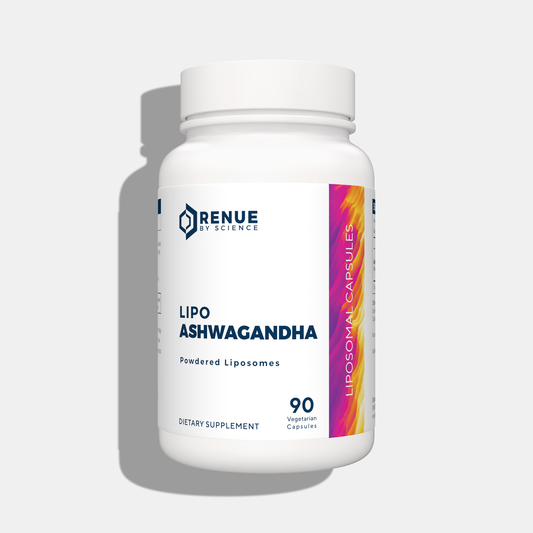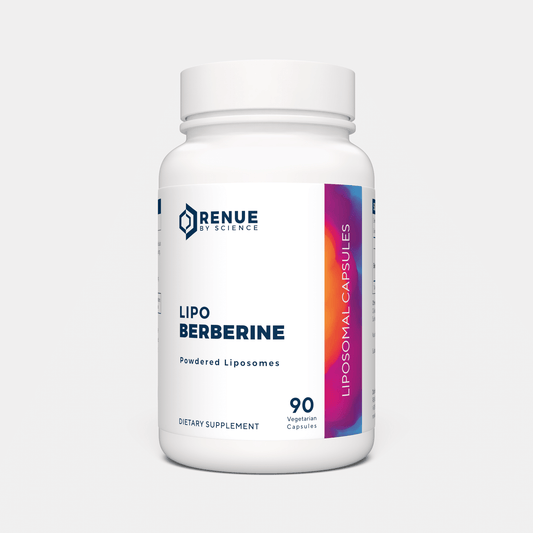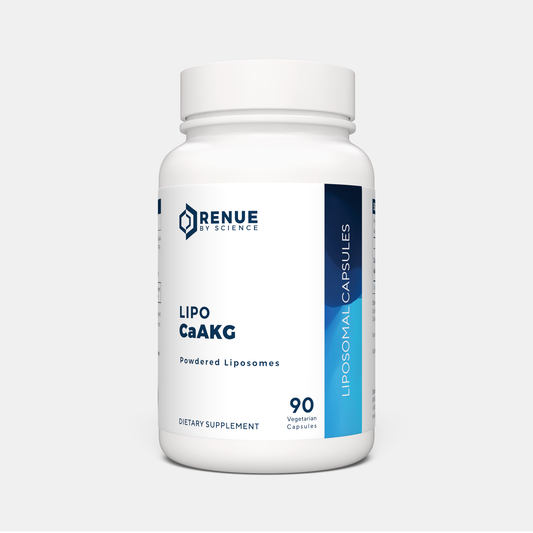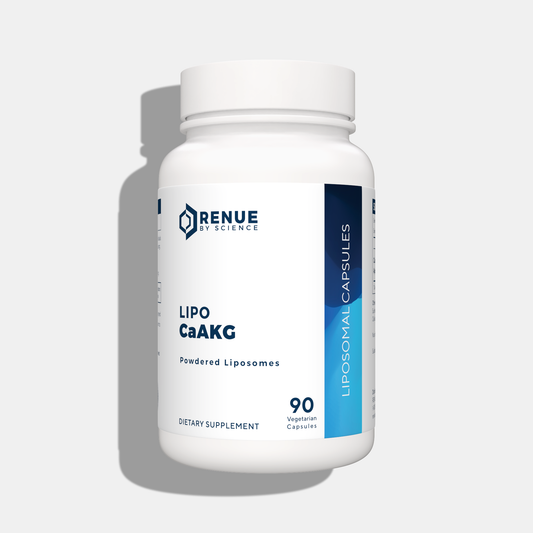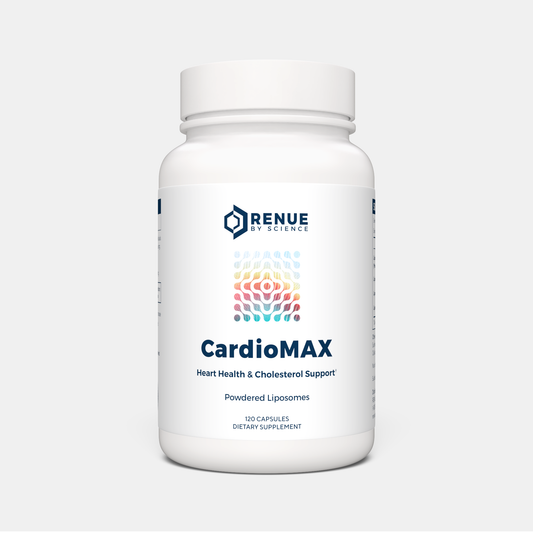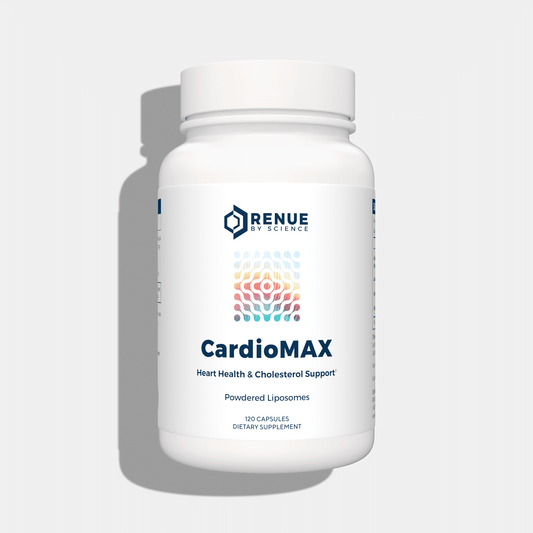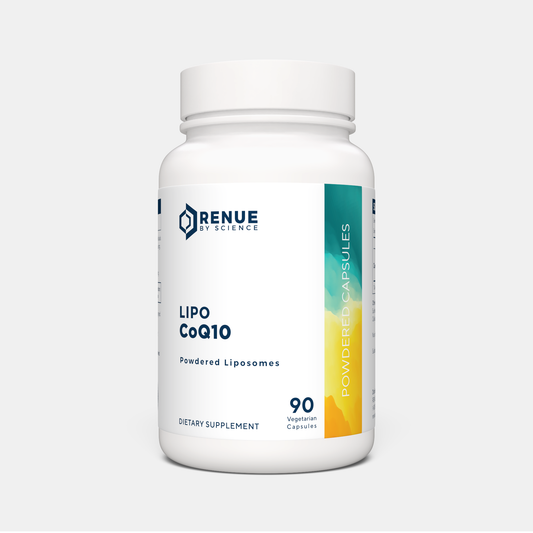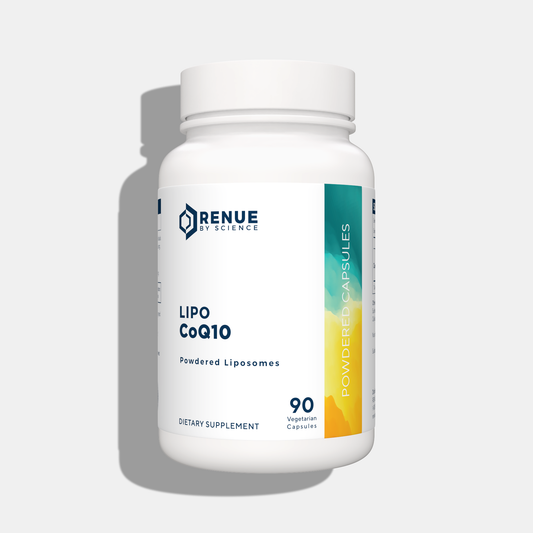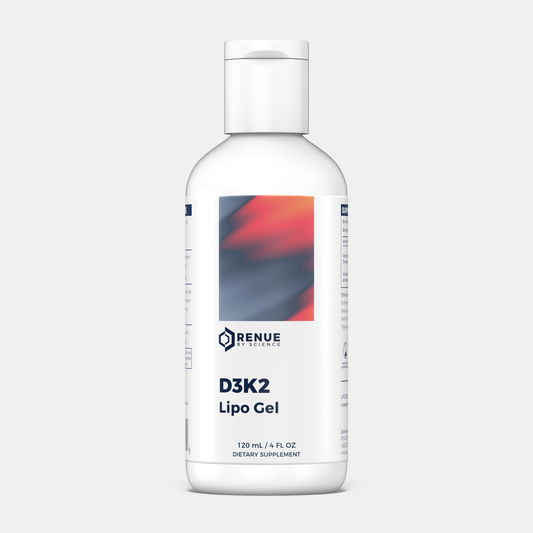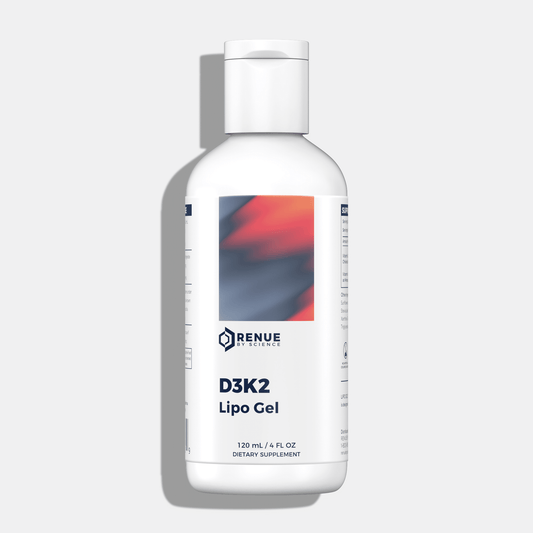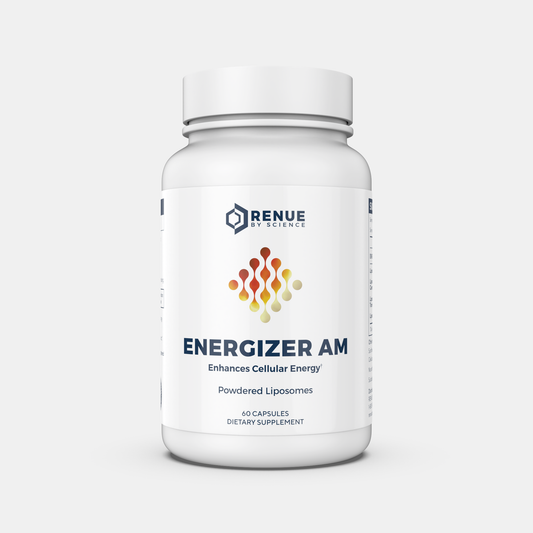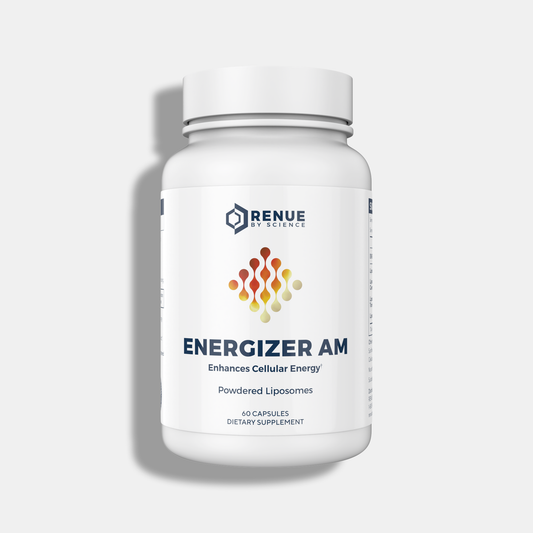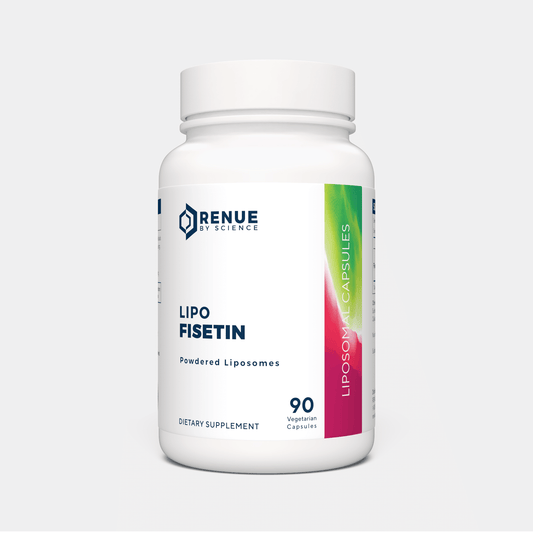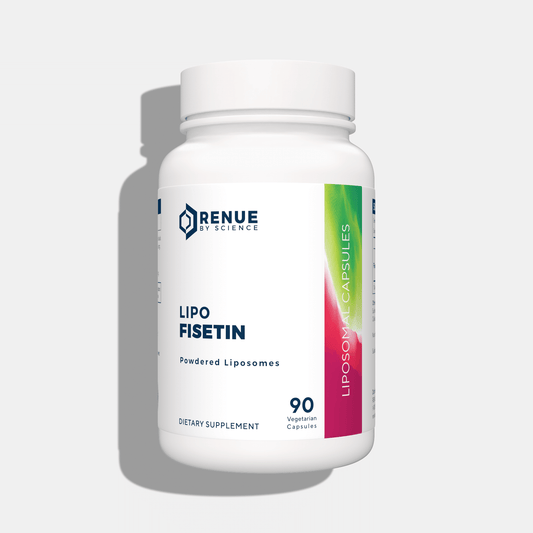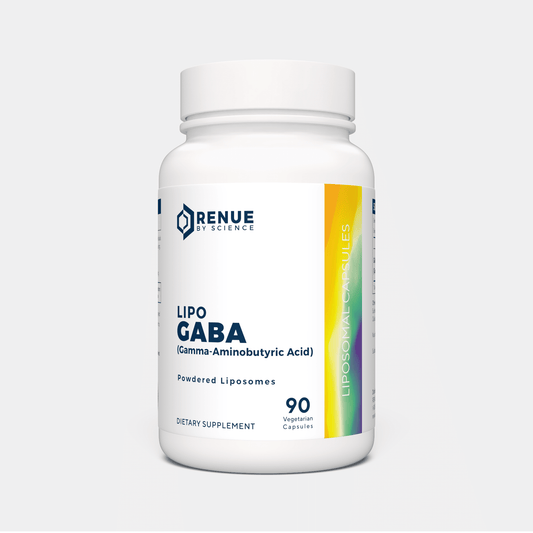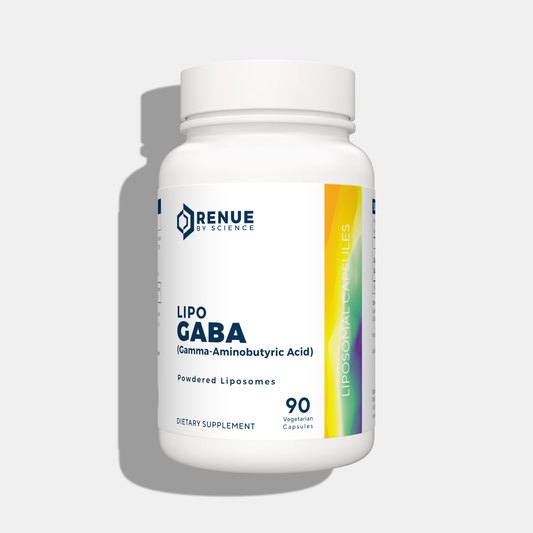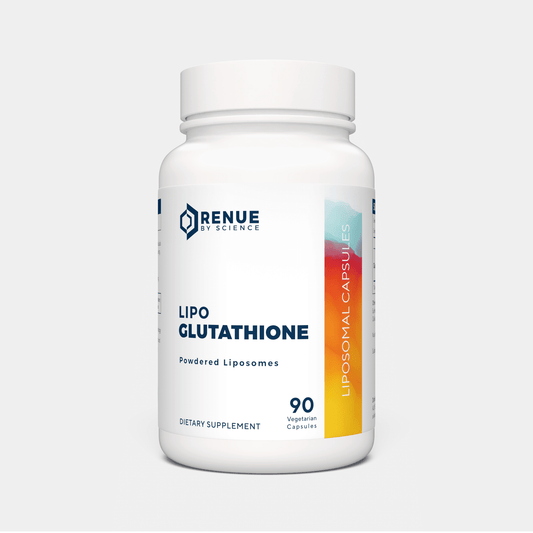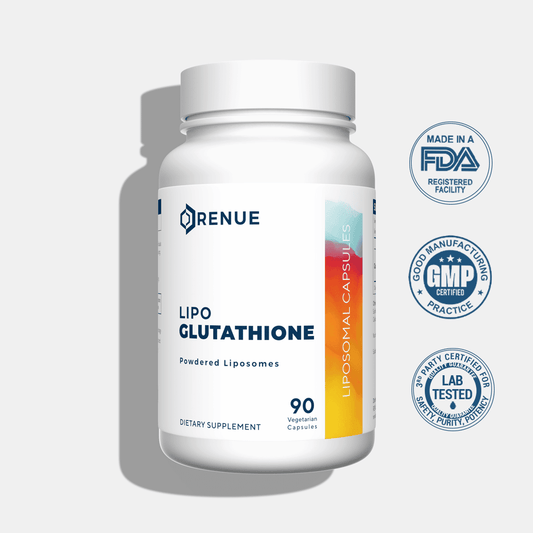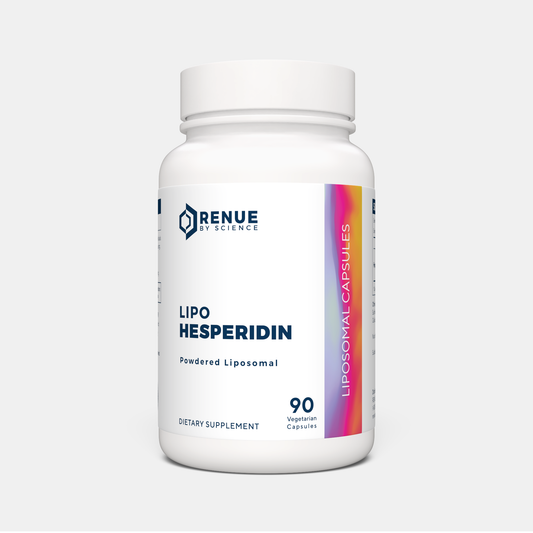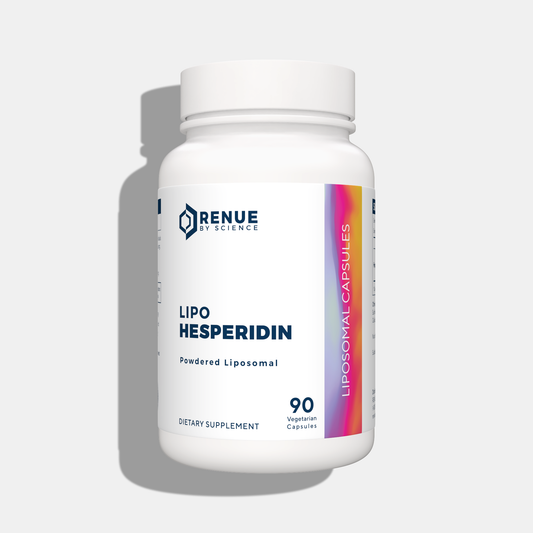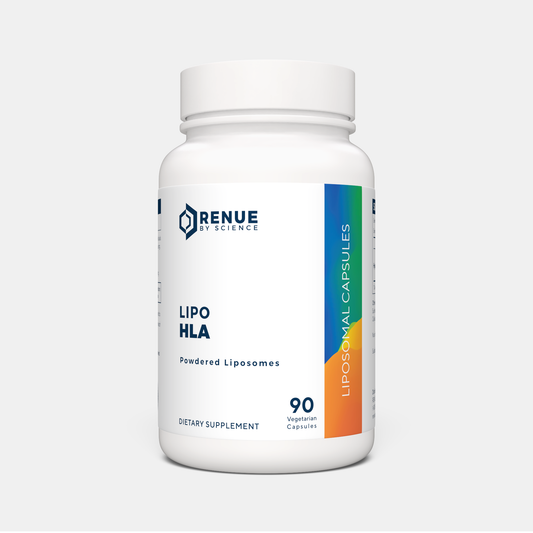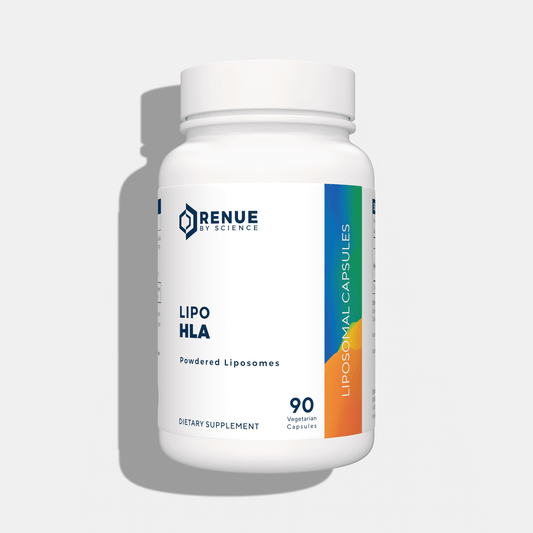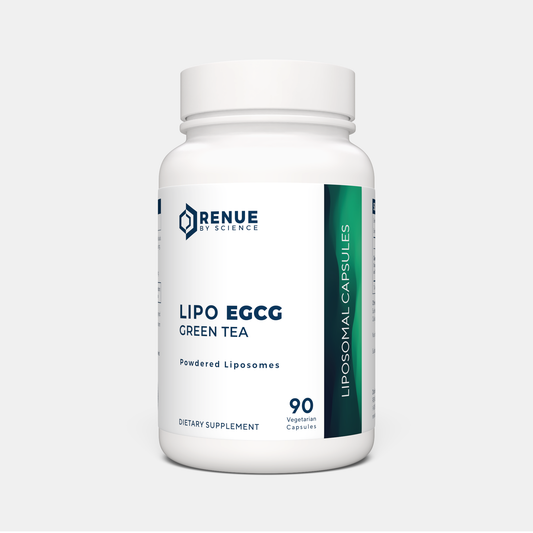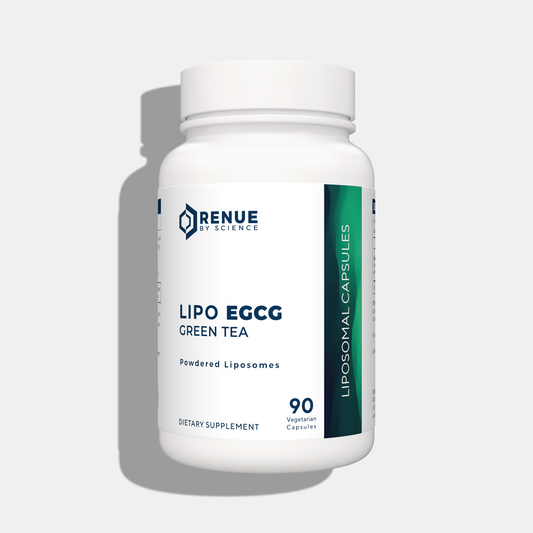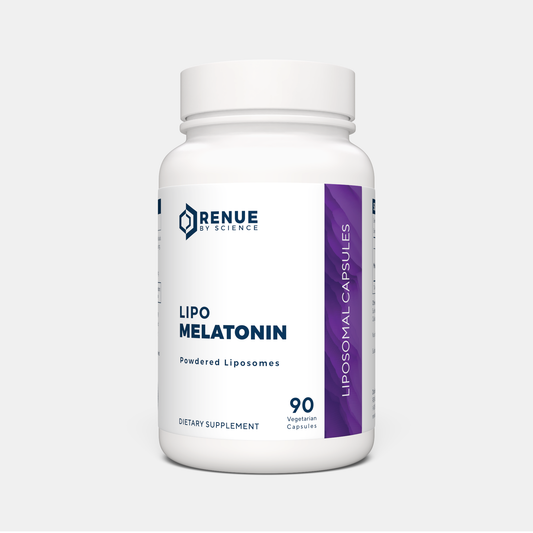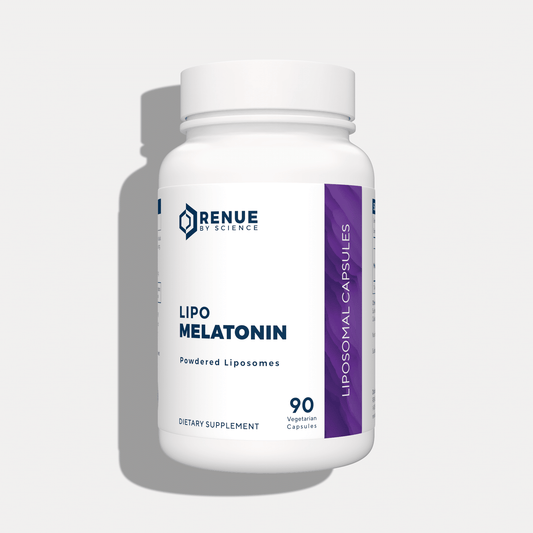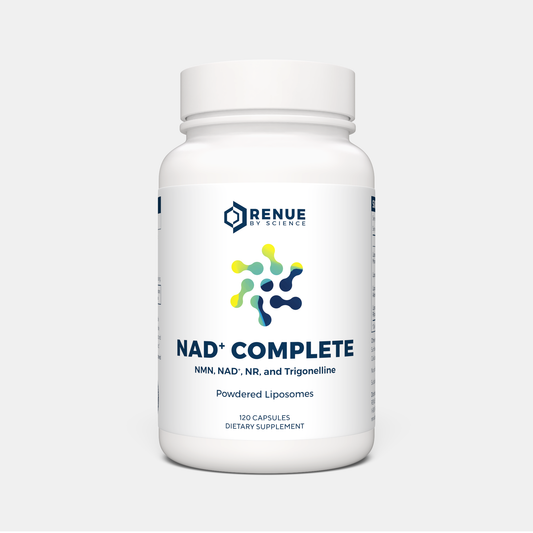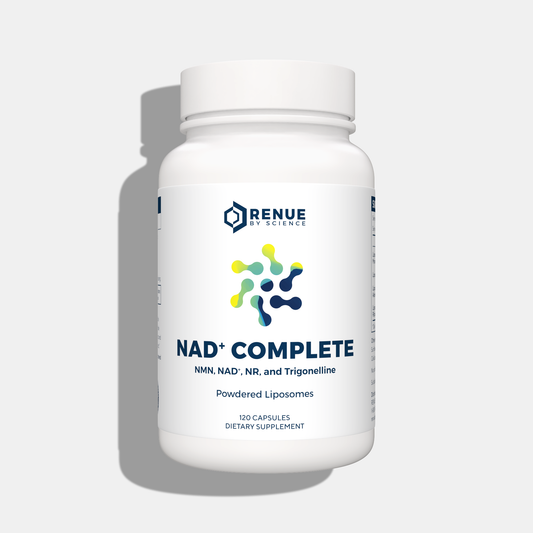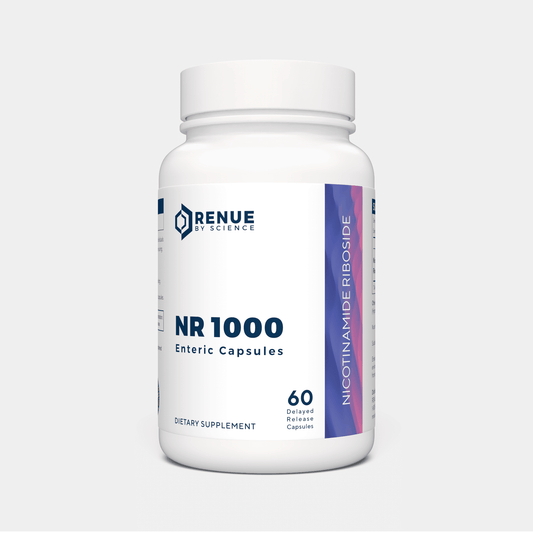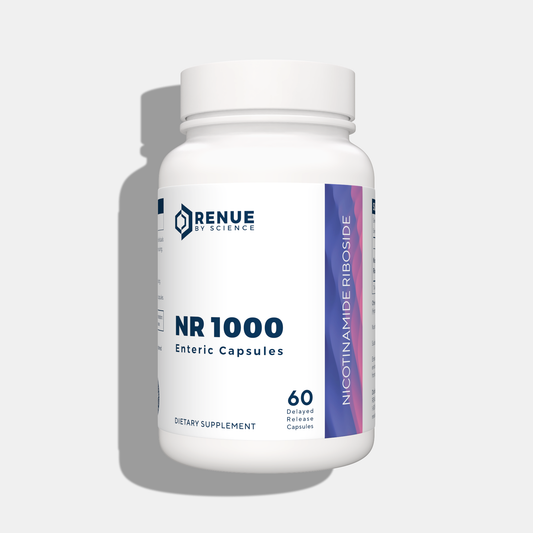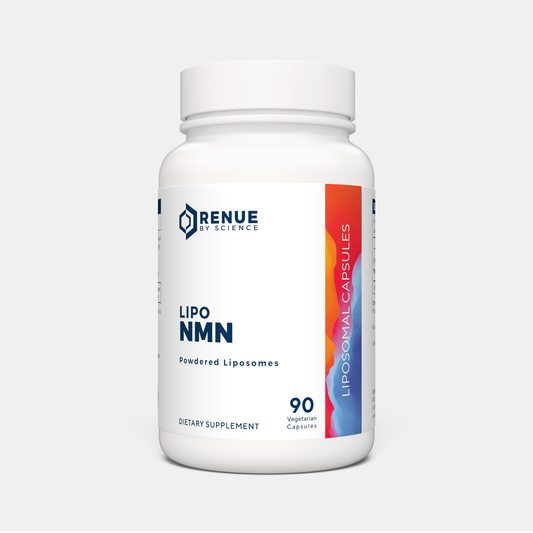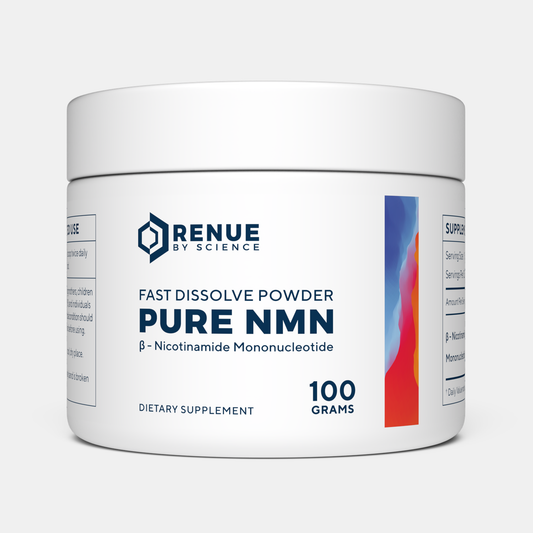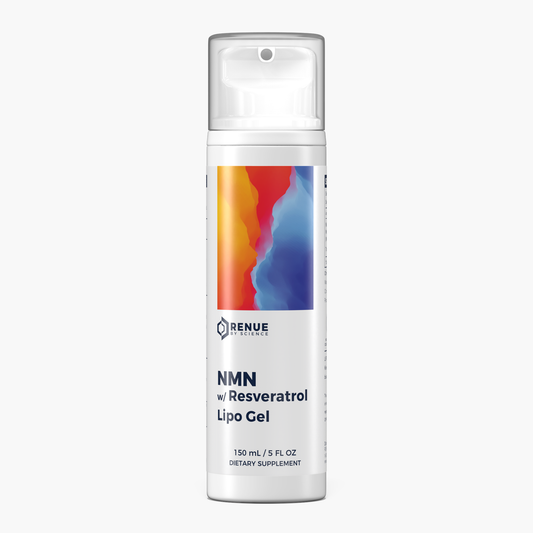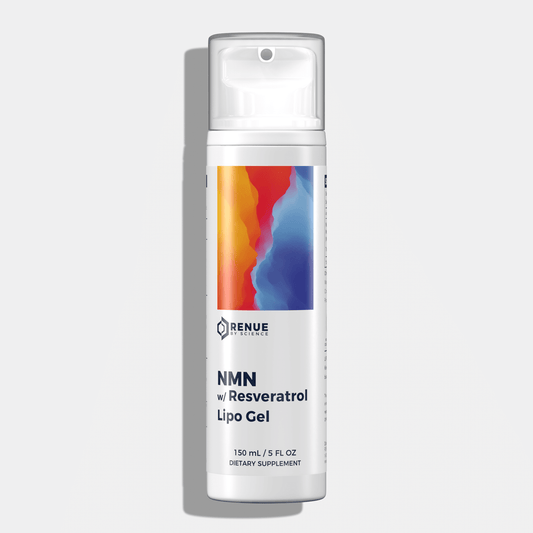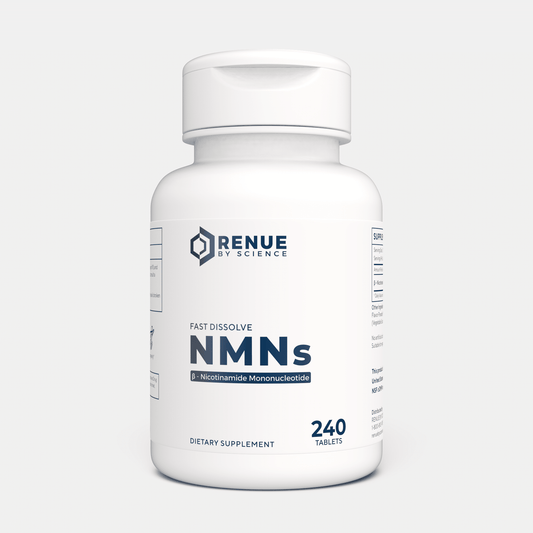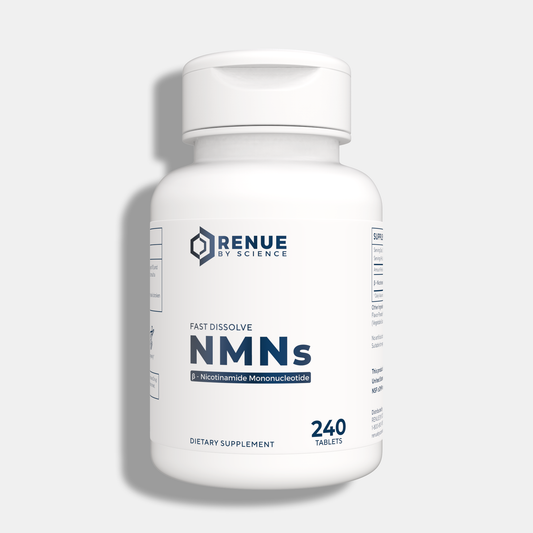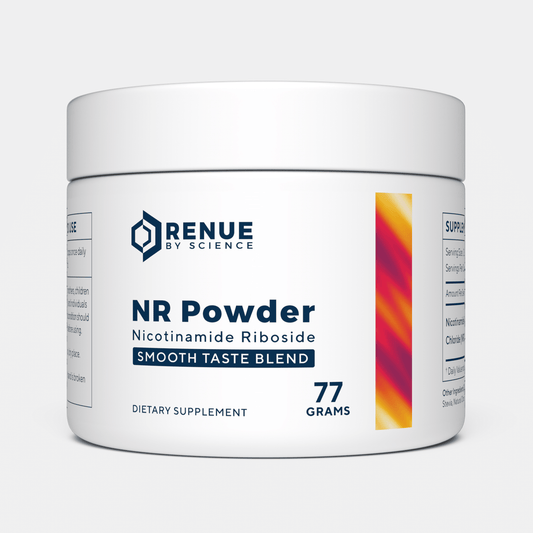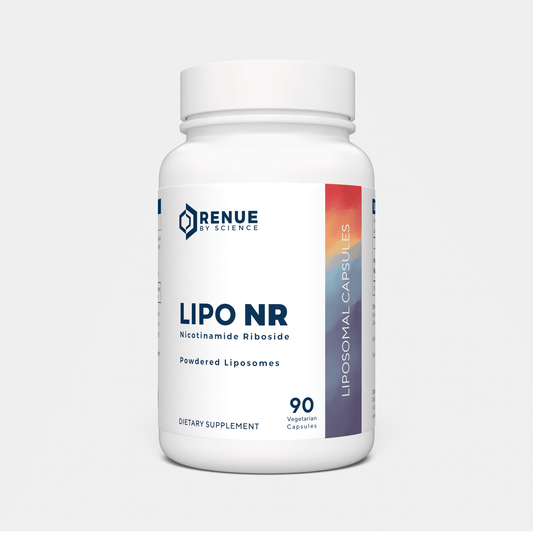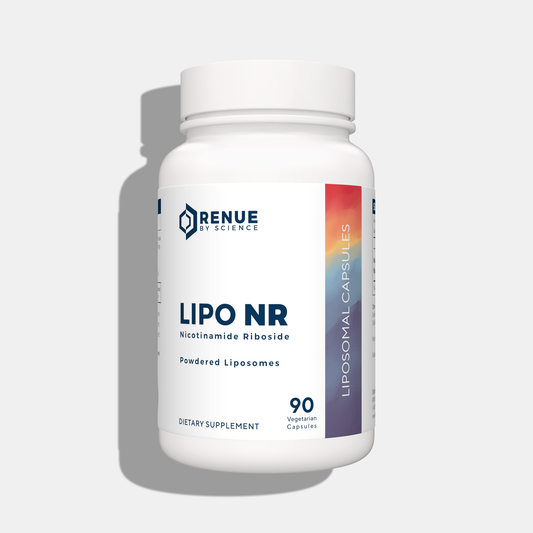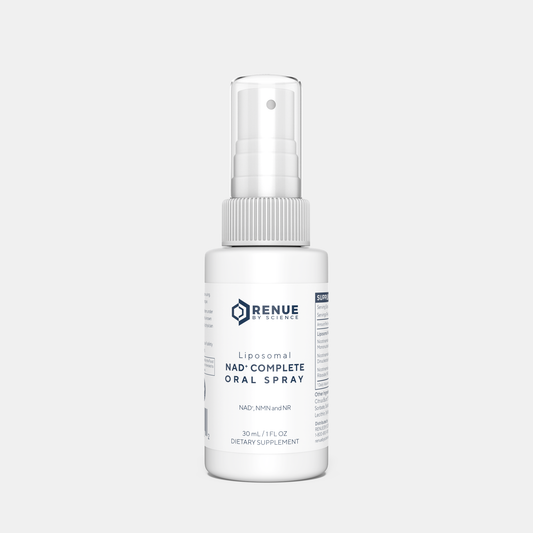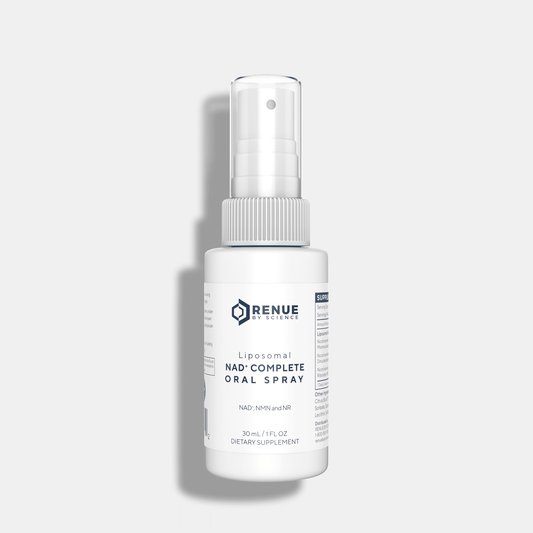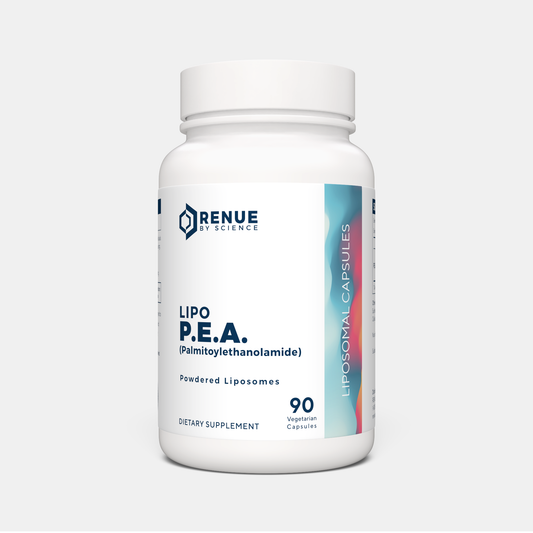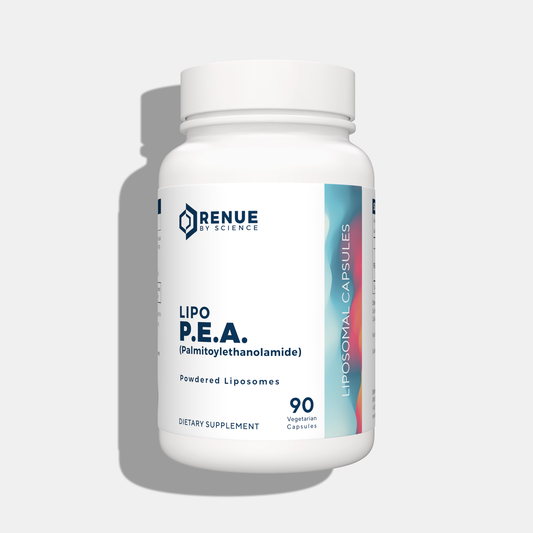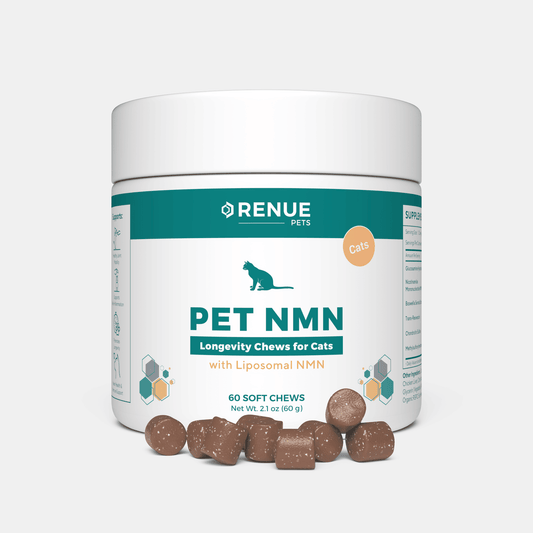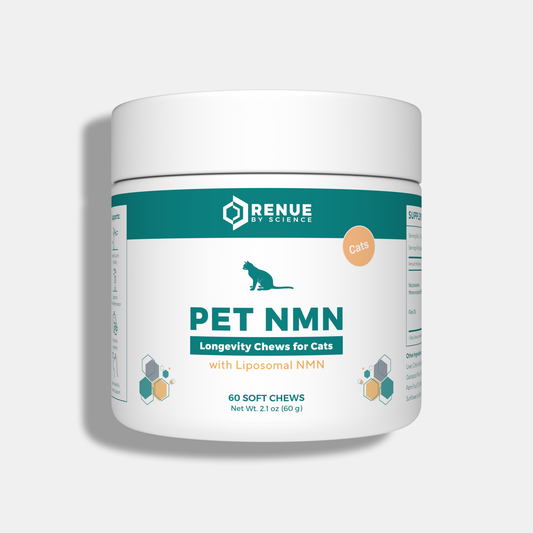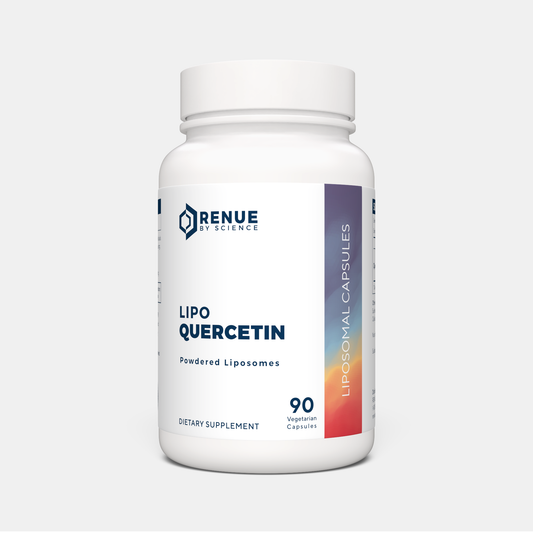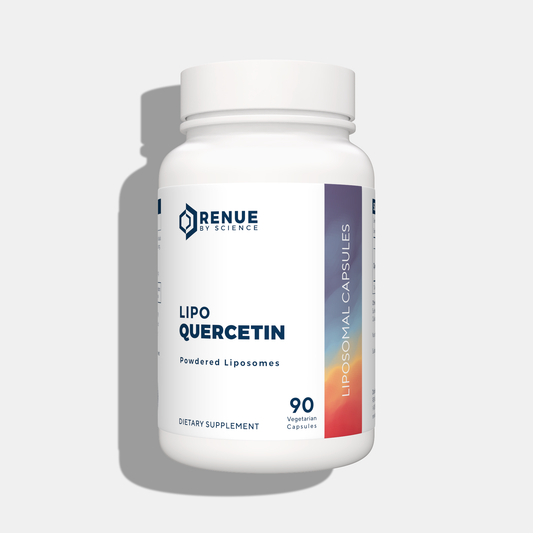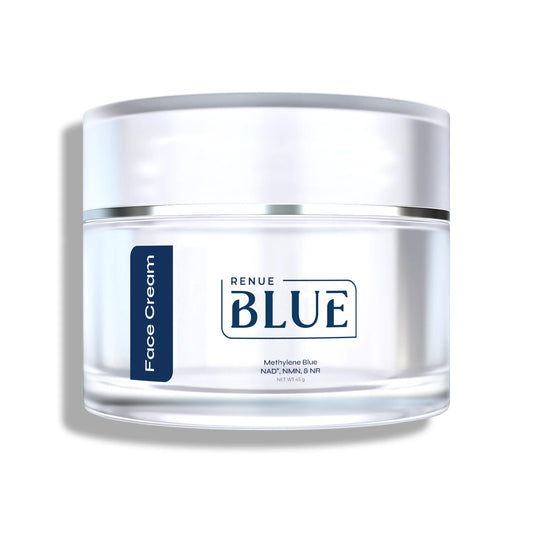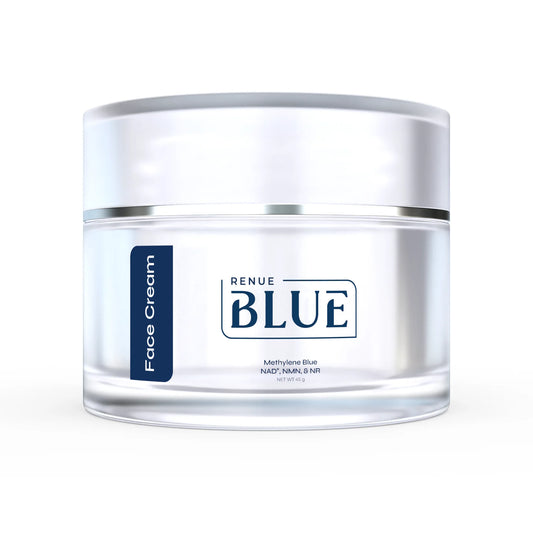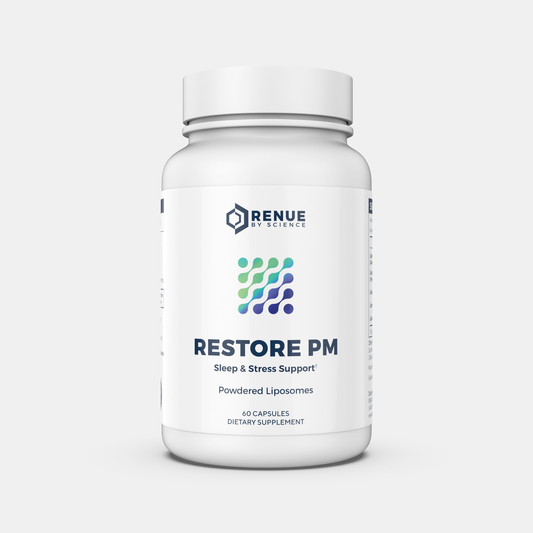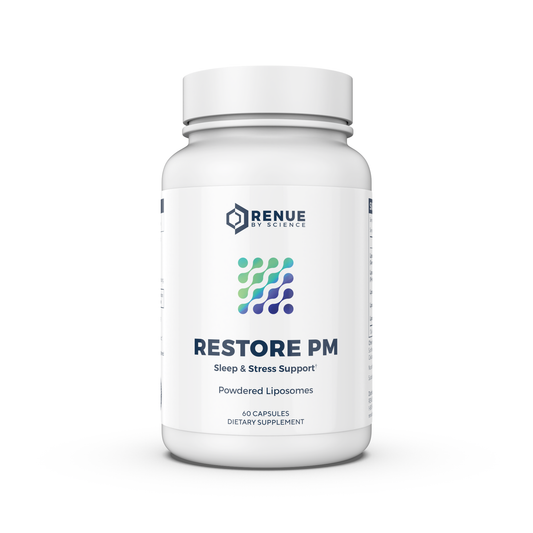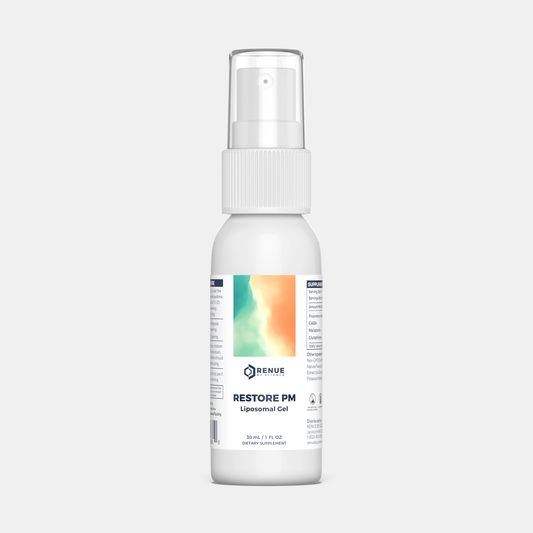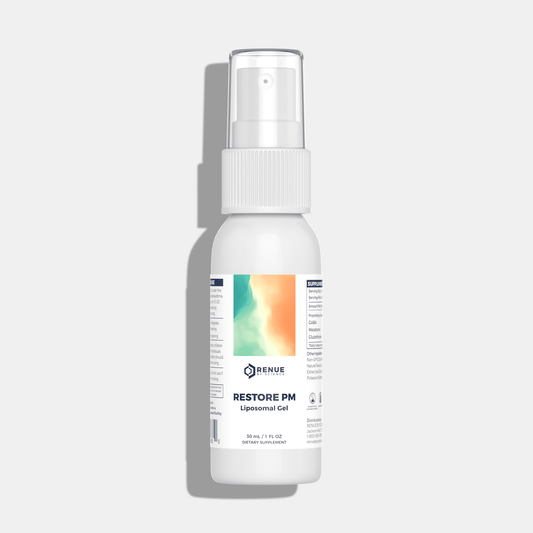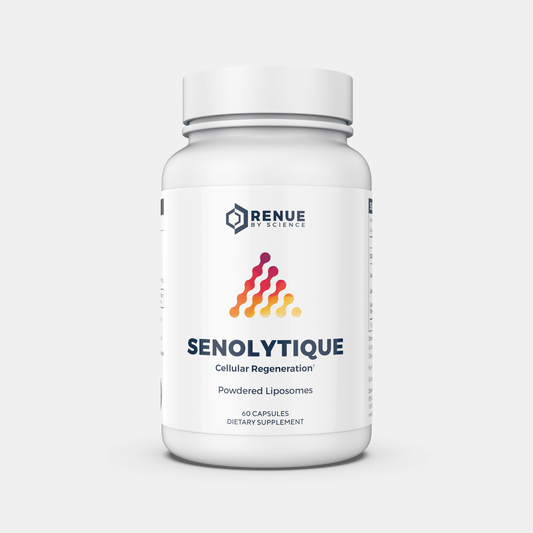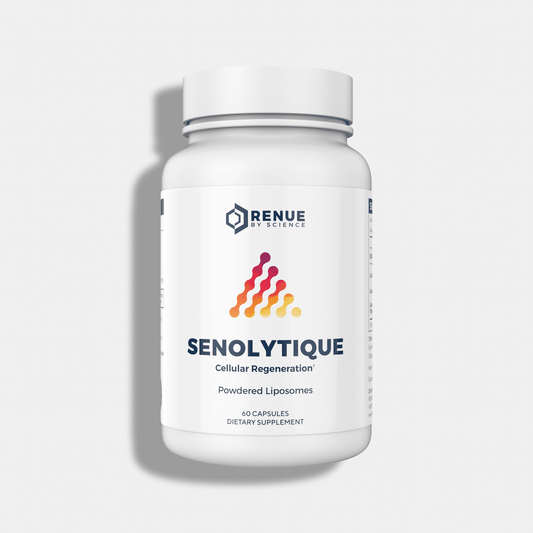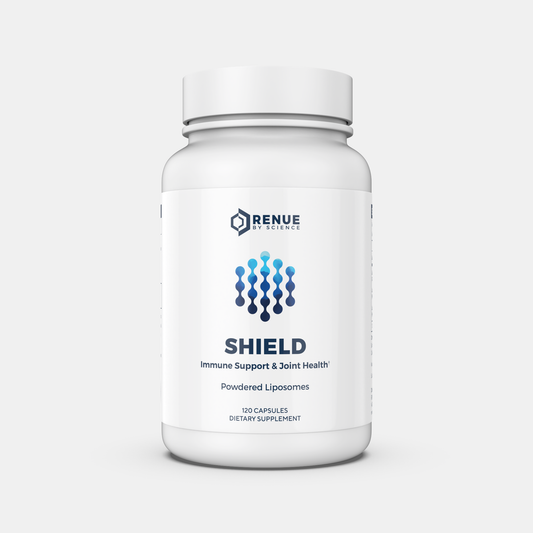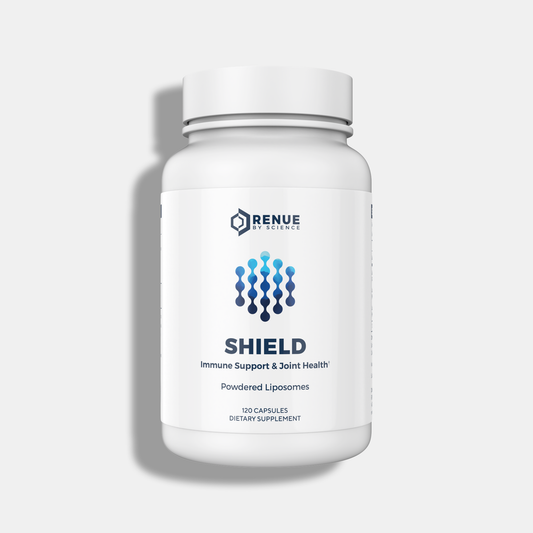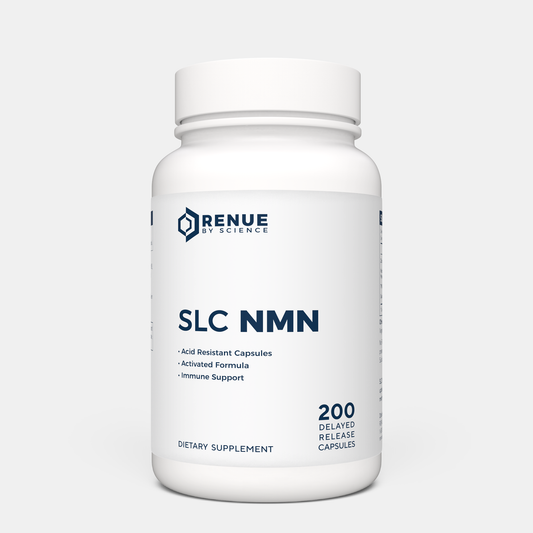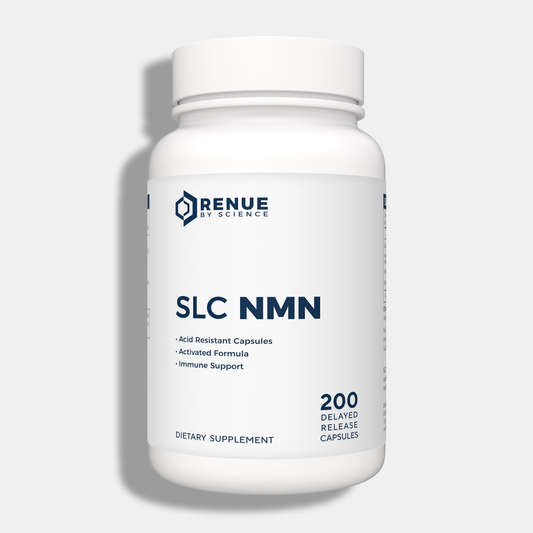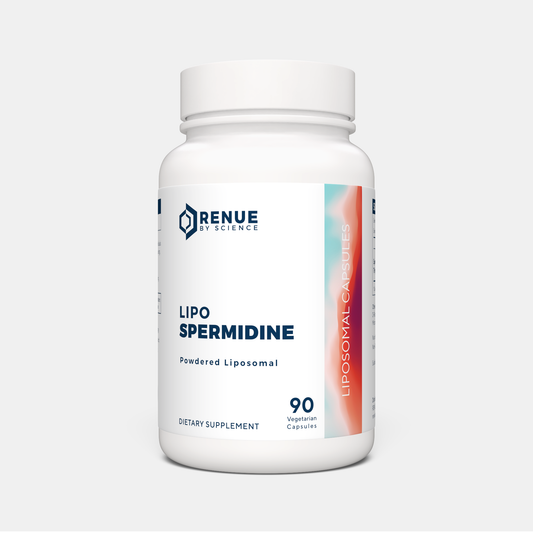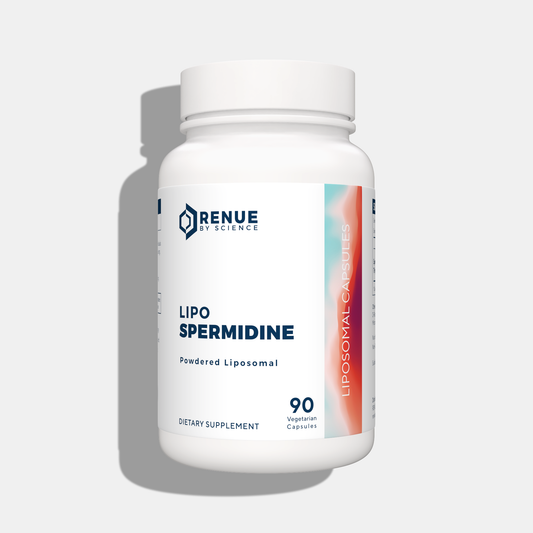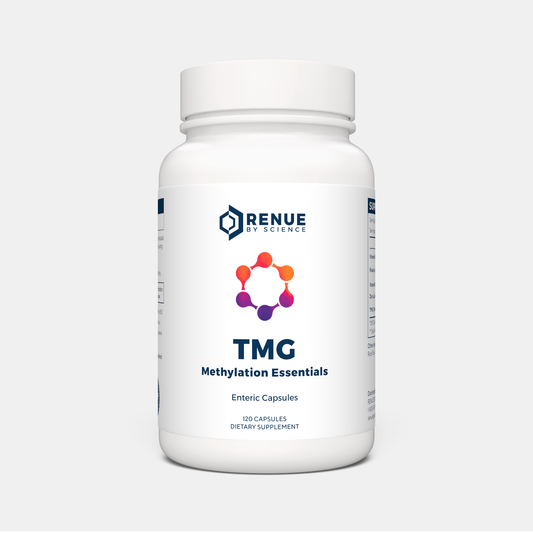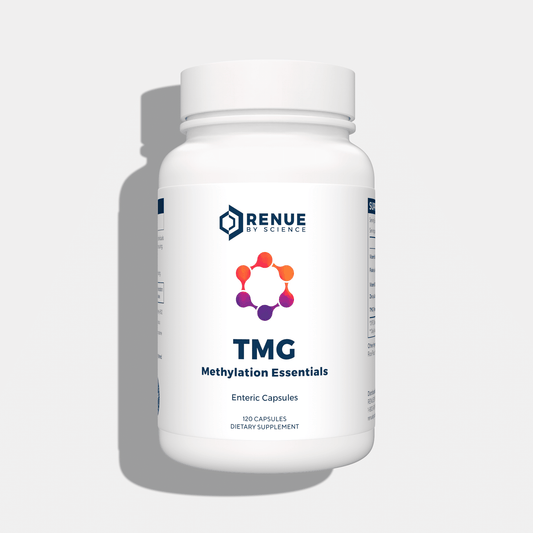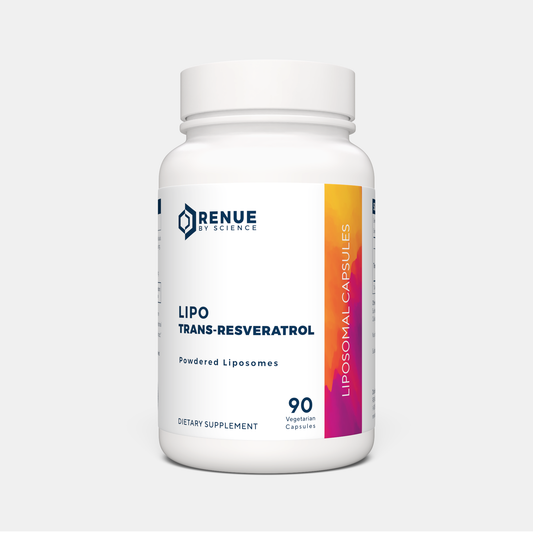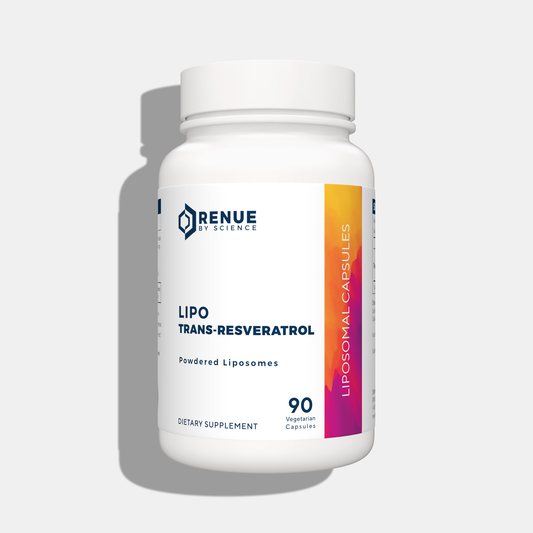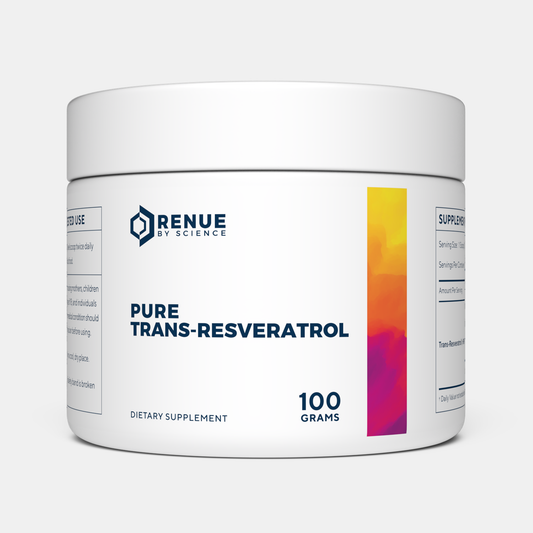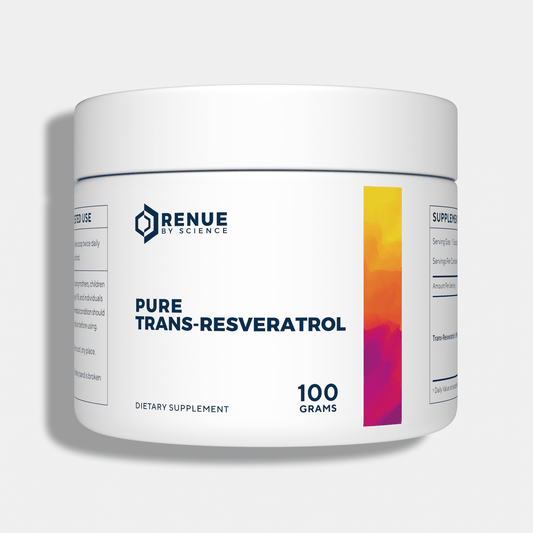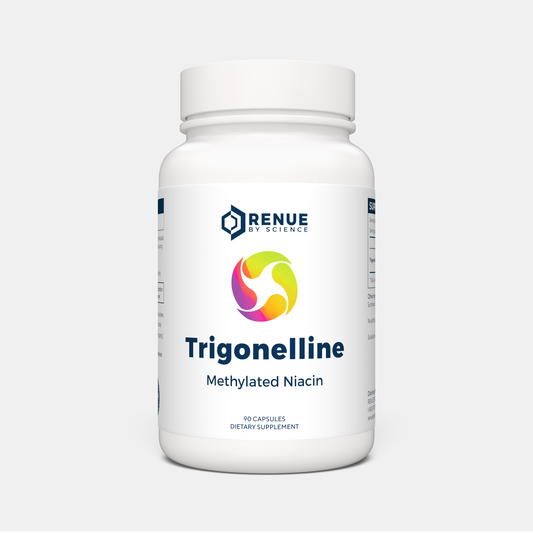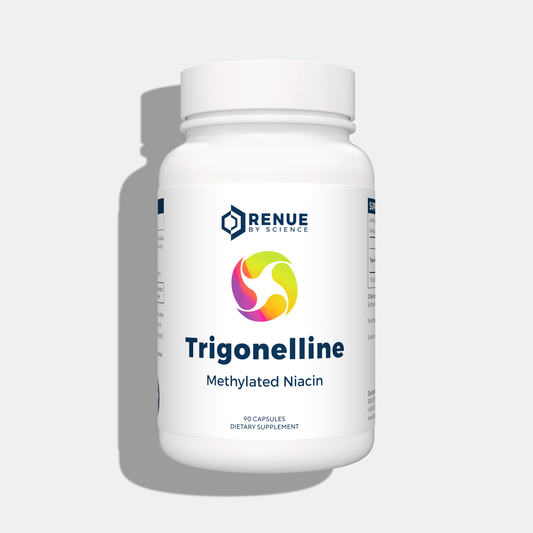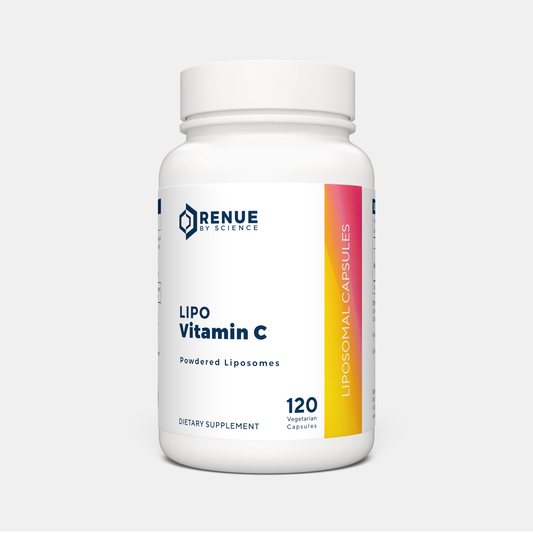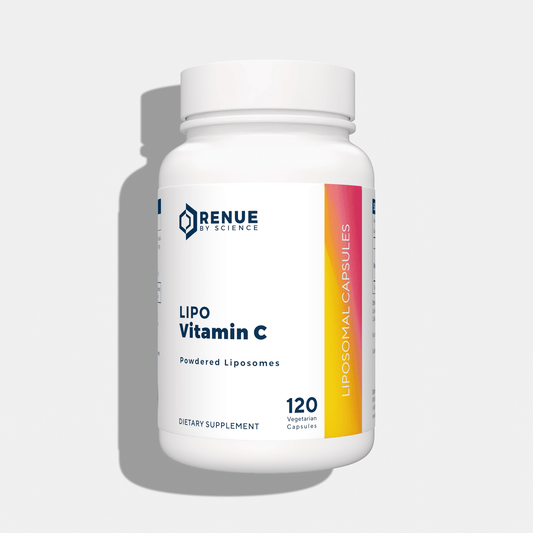



Hs-CRP Home Test (High-Sensitivity C-Reactive Protein)
Hs-CRP Home Test (High-Sensitivity C-Reactive Protein)
Understand how inflammation is impacting your life





Why Measure hs-CRP Levels?
Testing hs-CRP provides actionable insights into your
inflammatory status, empowering you to make informed decisions about your health. Whether you're seeking to understand your cardiovascular risk, manage a chronic condition, or take proactive steps to support healthy aging, the hs-CRP
test is an essential tool for personalized health management.
Knowing your hs-CRP Levels: Control Inflammation for Healthier Aging
The hs-CRP (high-sensitivity C-reactive protein) test measures levels of C-reactive protein in the blood, a key marker of inflammation that provides critical insights into systemic health, most notably
impacting cardiovascular and cognitive health.
Elevated hs-CRP levels may indicate low-grade systemic inflammation, which has been linked to a higher risk of cardiovascular issues, metabolic dysfunction, and other chronic health conditions.
This test offers a precise, reliable, and non-invasive way to assess inflammation and take a proactive approach to long-term health.
What Is hs-CRP and Why Does It Matter?
C-reactive protein (CRP) is produced by the liver in response to inflammation. While normal CRP levels help the body respond to injury or infection, elevated levels of high-sensitivity CRP (hs-CRP)
can indicate low-grade, chronic inflammation, even when no obvious symptoms are present.
Key reasons to monitor hs-CRP levels include:
Cardiovascular Risk
Chronic inflammation is a well-established factor in cardiovascular issues. Elevated hs-CRP levels are associated with an increased risk of heart and vascular damage linked to potentially devastating consequences. Monitoring hs-CRP provides valuable information to assess and manage cardiovascular health.
Metabolic Health
Persistent inflammation may contribute to difficulty managing healthy blood sugar and insulin, body weight and composition, and energy levels throughout the day. Understanding hs-CRP levels helps evaluate systemic inflammation’s role in your metabolic health.
General Inflammatory Status
Elevated hs-CRP levels have been linked to numerous conditions associated with aging, including chronic health challenges, autoimmune overactivation, and neurodegeneration. This test offers insights into how inflammation may impact your overall health and longevity.
Who Should Consider an hs-CRP Test?
An hs-CRP test may be especially useful if you:
- Have a family history of cardiovascular or cognitive issues.
- Are managing conditions that impact blood sugar regulation.
- Are addressing weight-related health concerns.
- Are interested in monitoring your overall inflammation to support long-term health.
How the Test Works
The hs-CRP test is a simple blood test that measures the concentration of C-reactive protein with high sensitivity.
What the Results Mean:
- Low: hs-CRP < 1.0 mg/L
Indicates low systemic inflammation and lower health-related risk factors. - Intermediate: hs-CRP 1.0–3.0 mg/L
Suggests moderate inflammation, suggesting it's time to address your risk factors. - High: hs-CRP > 3.0 mg/L
Indicates significant systemic inflammation, potentially increasing risk for tissue damage and impaired function. Adjust lifestyle factors accordingly.
These values should be interpreted in the context of other risk factors. Consultation with your trusted healthcare professional is advised.
Preparation is simple and convenient.
No fasting required.
Continue taking medications unless otherwise directed by your healthcare provider.
Why Test hs-CRP?
Testing hs-CRP provides actionable insights into your inflammatory status, empowering you to make informed decisions about your health. Whether you're seeking to understand your cardiovascular risk, manage a chronic condition, or take proactive steps to support healthy aging, the hs-CRP
test is an essential tool for personalized health management.
Take Charge of Your Health
Inflammation is a silent driver of many chronic health conditions, often without noticeable symptoms. With the hs-CRP test, you can uncover hidden inflammation, assess your risk factors, and develop a targeted plan to improve your health and longevity.
Inflammation and Aging
Inflammation and Cardiovascular Health
CRP is a protein produced by the liver in response to inflammation. Elevated hs-CRP levels have been linked to a higher risk of serious cardiovascular issues. Measuring hs-CRP can help identify hidden inflammation that may affect arterial health.
Systemic Inflammation and Aging
Low-grade inflammation is a hallmark of aging, often referred to as “inflammaging.” Elevated hs-CRP levels contribute to metabolic dysfunction, oxidative stress, and tissue damage, highlighting its role as a biomarker for aging-related conditions.
Precision Monitoring
Knowing your hs-CRP levels allows for targeted interventions, such as dietary changes, supplementation, or lifestyle modifications, to cool inflammation and support long-term health.
Factors That Impact hs-CRP Levels
Aging: Chronic inflammation increases naturally with age, contributing to a higher baseline hs-CRP level in older individuals.
Lifestyle Choices: Poor diet, lack of exercise, smoking, and stress can elevate inflammation markers like hs-CRP.
Health Conditions: Excess body weight, unmanaged blood glucose, immune overactivation, and other chronic health issues are associated with higher hs-CRP levels.
Medications: Certain medications and supplements, including anti-inflammatories and omega-3s, may influence hs-CRP levels.
You may also like
CardioMAX – 脂质体小檗碱、红曲米、辅酶 Q10
胶囊
脂质体小檗碱、红曲米、辅酶 Q10
60 份
Energizer AM
胶囊
Liposomal Hesperidin, Green Tea, Resveratrol
60 Capsules
Hs-CRP Home Test (High-Sensitivity C-Reactive Protein)
Understand how inflammation is impacting your life
Single Use Test
含 NAD⁺、NMN、NR、葫芦巴碱(脂质体)的鼻腔喷雾剂
鼻腔喷雾剂
便捷的认知提升
30 毫升/1 液体盎司
NR(烟酰胺核苷)粉末 1,000 毫克 - 口感柔滑的混合物
舌下含片粉
舌下柑橘味激发 NAD+ 活力
77 克
含 NAD⁺、NMN 和 NR 的口腔喷雾剂(脂质体)
口腔喷雾剂
快速吸收,获得快速能量
30 毫升/1 液体盎司
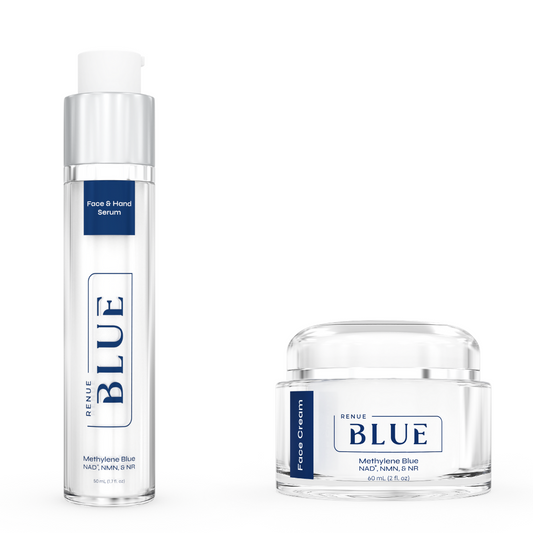

Restore PM
胶囊
Liposomal Gaba, Apigenin, Glutathione, 5-HTP, Melatonin
60 Capsules
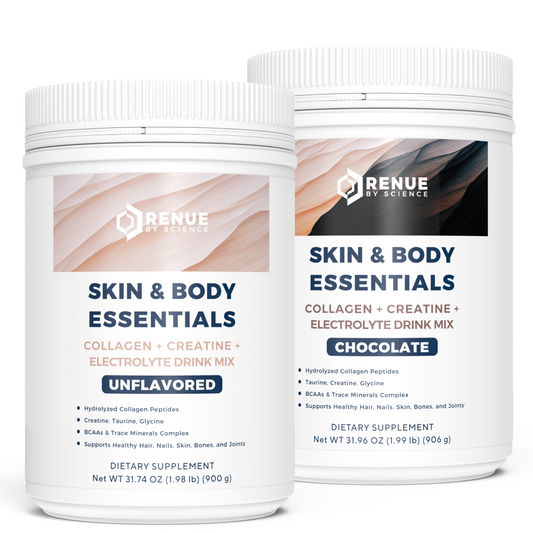


皮肤和身体必需品
草饲胶原蛋白 + 肌酸 + BCAA + 电解质饮料混合物
皮肤和身体必需品
饮料混合
草饲胶原蛋白 + 肌酸 + BCAA + 电解质饮料混合物
31.96 盎司 / 906 克

皮肤和身体必需品
草饲胶原蛋白 + 肌酸 + BCAA + 电解质饮料混合物
SLC 肠溶 NMN 锌(烟酰胺单核苷酸,延迟释放)250 毫克
胶囊
延迟释放 NAD+ 增强剂
60 粒胶囊
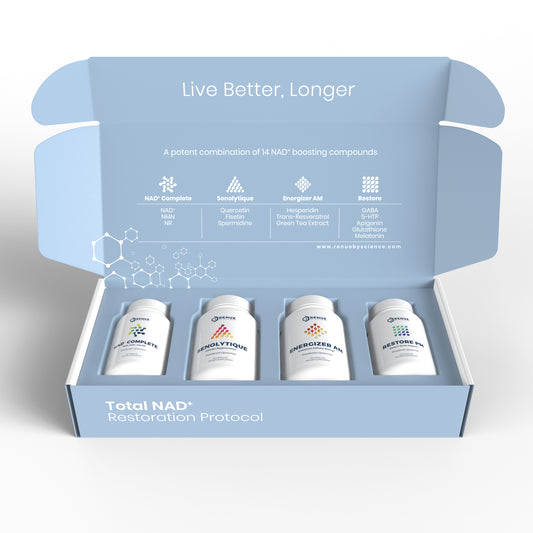
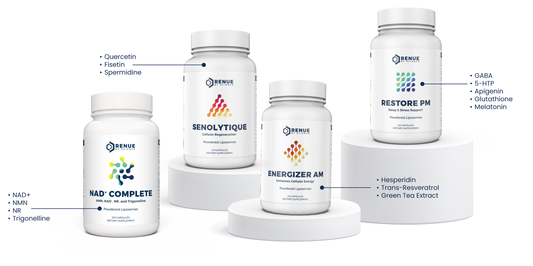
葫芦巴碱(NAD+ 前体)-甲基化烟酸 250 毫克 90 粒
胶囊
NAD+ 促进甲基化烟酸
90 粒胶囊
Energizer AM
胶囊
Liposomal Hesperidin, Green Tea, Resveratrol
60 Servings

